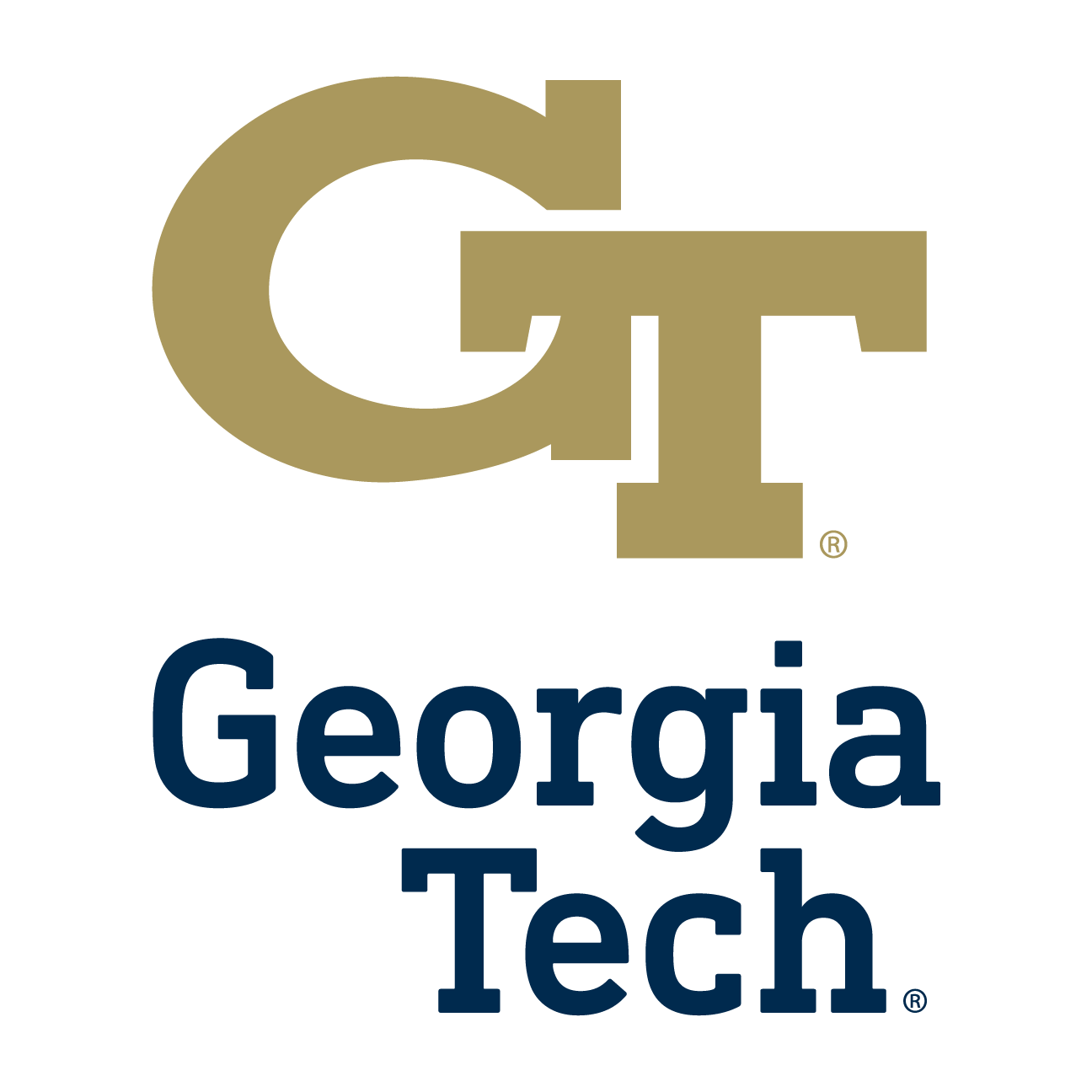
Machine Learning
CS 4641 • Spring 2025 • Georgia Institute of Technology
Welcome to the Spring 2025 offering of CS 4641!
This is a preliminary course for machine learning techniques, which extracts useful knowledge from data in real-world applications. On the technique side, we will cover key machine learning methods (supervised learning, representation learning, generative models, and foundation models). On the application side, it will introduce various applications of these techniques, including images/text generation and robotics. It will introduce how to formulate real-world tasks as data analysis problems, key methods for solving these problems, and their advantages and disadvantages.
The learning objective is that by the end of this course, the students are able to formulate their real-world problems at hand, choose appropriate machine learning methods to acquire insights from data automatically, and even come up with innovative solutions for solving open problems in this field.
Target Audience:
- Practitioners: This course is beneficial for individuals seeking to apply machine learning and data science techniques to solve real-world challenges in their professional or personal lives.
- Researchers: This course provides valuable foundational knowledge and advanced techniques for students aspiring to conduct cutting-edge research in areas such as data mining, machine learning, natural language processing, and other related fields.
Prerequisites:
- Solid knowledge of probability, statistics, calculus, and linear algebra;
- Basic knowledge of machine learning;
- Solid programming skills, preferably in Python.
Machine Learning is a preliminary course introducing key concepts, techniques, and their applications. These topics will be covered in Four Modules:
- Module I: Background Knowledge
- Linear Algebra
- Probability and Statistics
- Optimization
- Module II: Supervised Learning
- Linear Regression and Classification: Ridge Regression, Logistic Regression, Naive Bayes
- Neural Networks: CNN, RNN
- Module III: Unsupervised Learning
- Clustering: K-means, Gaussian Mixture Models
- Dimension Reduction and Representation Learning: PCA, SimCLR
- Generative Models: VAE
- Module IV: Large Language Models (LLM)
- Attention, Transformer
- Supervised Fine-Tuning
- Reinforcement Learning with Human Feedback (RLHF)
Time: Monday/Wednesday 5:00-06:15 pm
Location: College of Computing 16
Announcements & HW submission: Canvas and Gradescope
Contact: For course-related questions, use Ed Discussion. For personal matters, email bodai at cc.gatech.edu or the TAs.
Instructors
bodai at cc.gatech.edu
Teaching Assistants
haotian.sun at gatech.edu
tchen667 at gatech.edu
zzhao628 at gatech.edu
binyuedeng@gatech.edu
jli3562@gatech.edu
Office Hours
- Tuesday: 2:30-3:30pm, Online (Join Session): Prof. Dai
- Wednesday: 3:00-4:00pm, Coda*: Haotian Sun, Zihao Zhao, Jonathan Li
- Friday: 3:00-4:00pm, Coda*: Tianyi Chen, Binyue Deng
*Note: "Coda" refers to the second floor of the Coda building, shared area near the escalator.